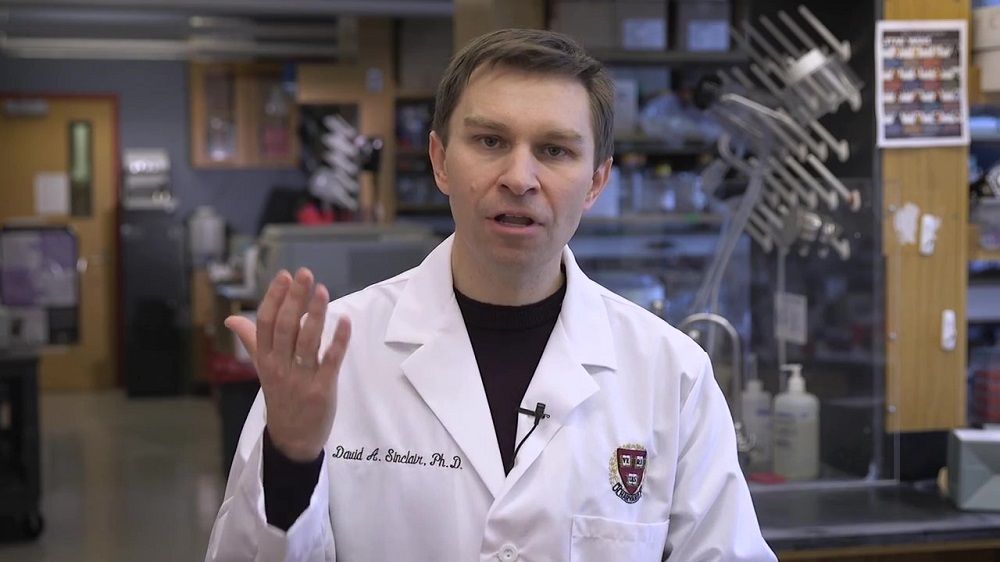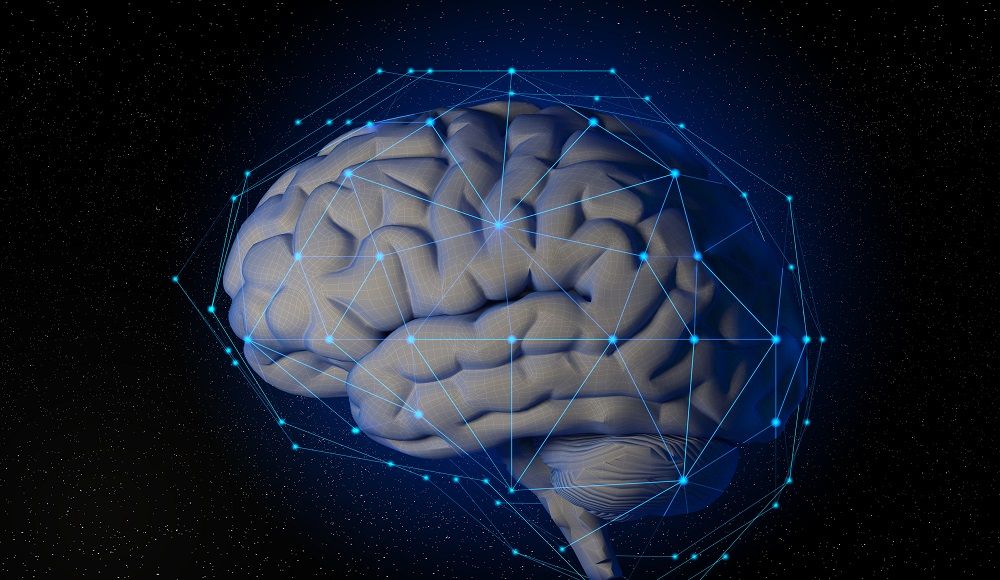Harvard professor Dr. David Sinclair reports that the NAD boosting NMN compound reverses aging in blood vessels and restores muscle strength in a new study published March 22nd. [This article first appeared on LongevityFacts. Author: Brady Hartman. ]
Using the NAD boosting molecule NMN, Dr. David Sinclair’s team reversed blood vessel and muscle aging in mice, while boosting their exercise endurance. As Dr. Sinclair says.
“We’ve discovered a way to reverse vascular aging by boosting the presence of naturally occurring molecules in the body that augment the physiological response to exercise” adding “The approach stimulates blood vessel growth and boosts stamina and endurance in mice and sets the stage for therapies in humans to address the spectrum of diseases that arise from vascular aging.”








